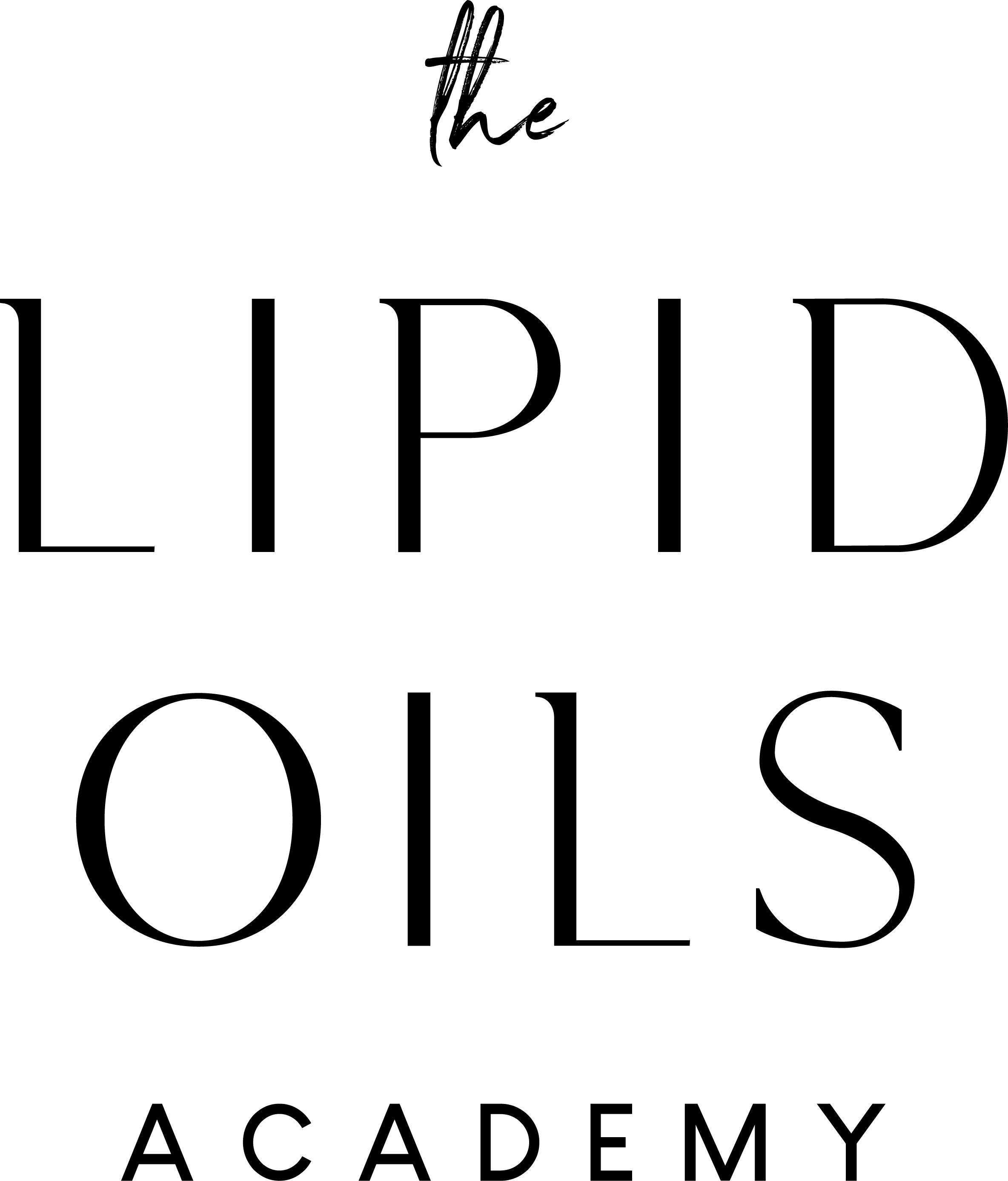The seeds of Citrullus vulgaris, the simple summer fruit watermelon, are the source of a wonderful, light-feeling oil for the skin. As a carrier oil, it is an excellent skincare oil as it possesses a number of therapeutic compounds that help nourish and protect the skin from the elements and environment.
Belonging to the Cucurbitaceae Plant Family
Yet it is just one member of a vast botanical family, Cucurbitaceae. Watermelons, or cucurbits, originated in West Africa over 4000 years ago. In the interim, cucurbits spread globally to every part of the earth that suits their tropical, semi-tropical, and temperate growth patterns.
With this spread, what began as a single or several varieties of Citrullus has multiplied to 1,200 varieties of watermelon across Southeast Asia, Japan, Europe, India, and the Americas. They grow from very small to extremely large, upwards of 200 pounds, and they nourish all cultures that claim them as crops.
The flesh of the original watermelon of West Africa was bitter, so it was not a food crop but a source of oil in the Kalahari Desert region. From the original bitter but oil-producing watermelon, we have developed numerous varieties with sweet, juicy flesh and oil from the seeds.
Watermelon Seed Oil in Skincare
Watermelon seed oil is a light oil that feels wonderful on the skin. It is generously packed with the healing fraction found in plant oils, along with a high percentage of linoleic acid. Linoleic acid is one of two essential fatty acids and a primary fatty acid that helps maintain the skin barrier function.
Cold pressing the seeds of watermelon is preferable for preserving the oil's bioactive components. These include vitamins, pro-vitamins, phytosterols, phospholipids, and squalene, all of which greatly benefit the skin's health.
Bioactive Compounds
The value of this oil fraction cannot be overstated. It offers the skin lipid compounds that protect against oxidation, provide anti-inflammatory benefits, and supplement deficient fatty acids that the skin requires for optimal health and functioning.
Vitamin E's tocopherols are highly antioxidants and play a large role in protecting the skin from free radical damage. The oil is dominated by gamma-tocopherol, 25 times higher than alpha-tocopherol, which gives the oil inflammation-calming properties along with protection from oxidation.
Watermelon oil also delivers a range of phenolic acids that possess high antioxidant, antimicrobial, anti-proliferative, and preservation properties. Given its polyunsaturated nature, these properties help preserve the oil from damage from oxygen.
Carotenoid pro-vitamin A is an additional plus of watermelon seed oil, an important protective factor for skin tissues, especially from excessive UV rays. While the oil is not a sunscreen, carotenoids available to the skin protect tissues from damage from environmental factors.
Plant sterols are great at reducing inflammation in the skin, and watermelon seed oil generously contains b-sitosterol and avenasterol, the two significant sterols out of a total of 15 sterols found in watermelon seed oil. Thus, the skin and collagen layer are supported and protected from inflammation.
Watermelon seed oil is a wonderful carrier oil and skincare friend.
Here's a short video on watermelon seed oil

It’s exciting to learn about more seed oils that can be used in skin care formulations!
Fantastic, thank you!
I am also in love with this Kalahari Seed Oil. I formulated and offer this oil as a twoo purpouse oil product along with tamanu oil and neroli+lavender essential oils:
1) as facial cleansing oil
2) as a face and body protective oil, especially useful in summer.
Much love,
Veronika @almaveranaturals
Interesting article! I enjoy looking at other, less common carrier oils for product formulation. Typically, aromatherapy studies, in my experience, are limited to more popular and well-known oils – like olive, avocado, and hemp. It’s exciting to learn about more seed oils that can be used in skin care formulations!